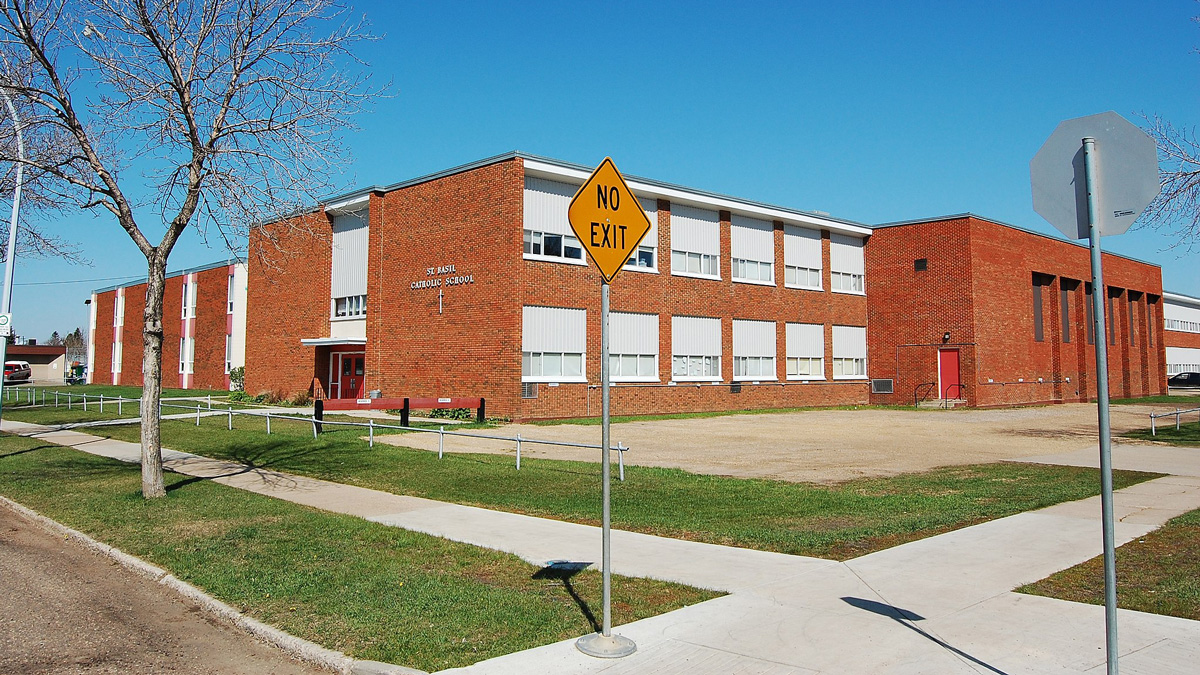Alberta is failing its children
Edmonton schools are pushing undocumented children out of classrooms despite international obligations.
 Darren Kirby
Darren KirbyCanadians have a habit of looking at the news from our southern neighbours with a mix of horror and illusory pride. We think nothing of that sort occurs in our own country. For kids like Ariana Zapata, Dayana Rodriguez, and their respective siblings, the discrimination and fear faced by undocumented residents in the United States (U.S.) is not something they see through the news. Instead, they personally know it too well in their own city of Edmonton.
Though it may surprise some, undocumented children are being kicked out of Edmonton schools. Moreover, they are being denied access to their fundamental right to education. Alberta must change its law to allow all students in kindergarten to grade 12 to access education regardless of their immigration status.
Education for children is a fundamental human right. Canada and Alberta have pledged to uphold it as signatories to the United Nations Convention on the Rights of the Child. This document states that all its signatories must “make primary education compulsory and free for all.” By adding an unnecessary restriction on which children are granted free education, Canada is in clear violation of this agreement. Furthermore, reports have shown that public schools in Edmonton have charged upwards of $10,000 for non-residents to attend school. To people such as Education Minister Demetrios Nicolaides, who has stated children have a right to education but not necessarily free education, this may seem like a fair trade-off. However, denying free education is still a violation of international law.
Although this is an internationally binding agreement, Alberta’s Education Act deliberately excludes certain people. The Education Act clearly outlines that only residents of Alberta and those who have at least one parent as a resident of Canada have a right to free education. To children who have no say in their current legal status, this is an unjust law.
It is a common misconception that it is the parents’ actions that led to these situations. Thus, they alone are responsible for the consequences their children now face. However, changing legal status is a common occurrence. Those with temporary visas can have lapses in their status due to various minor reasons, even while they attempt to pursue permanent residency (PR). The rules for temporary visas are quick to change, while the systems that process them are slow. Above all, these parents wish to pursue a better life for their children. One that was unavailable to them in their home country.
Ontario’s education system understands this. Their own Education Act has a designated section for “person’s unlawfully in Canada.” Since 1993, no person under the age of 18 can be denied admission due to their parents’ status in Canada. Ontario goes even further with their “don’t ask, don’t tell” policy ratified in Policy/Program Memorandum 136. This outlines that school boards should not require proof of immigration status and should not collect this information. The U.S. has a similar federal rule established with the U.S. Supreme Court Case, Plyler v. Doe. This court decision ensures public schools cannot deny enrolment due to immigration status and cannot require proof of legal residency.
Organizations such as Alberta Workers Association for Research and Education (AWARE) have been working tirelessly to create similar legislative change in Alberta. They outline recommendations, speaking at school board meetings. They spread awareness to enact change for children such as Ariana and Dayana. Edmonton school board trustees have also committed to put further pressure on the Minister of Education and promote further advocacy on this issue.
The work, however, does not stop there. No matter your background, whether you are a citizen, PR holder, international student, or other — we must understand that education should be accessible to everyone. Politicians aren’t just debating this as an abstract issue. It is directly affecting people in our province, our communities, and our neighbourhoods. As students who benefit immensely from the privilege of receiving high-quality education, we must stay informed and engaged.




